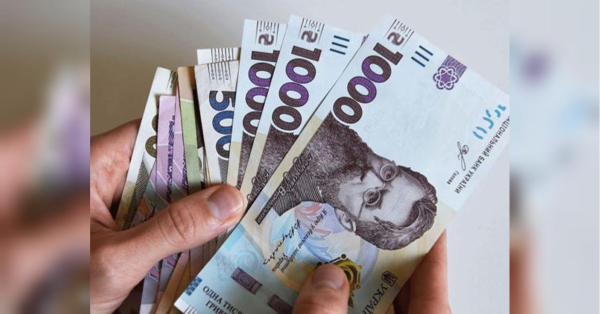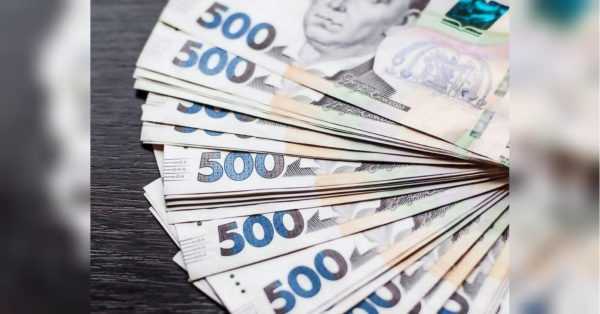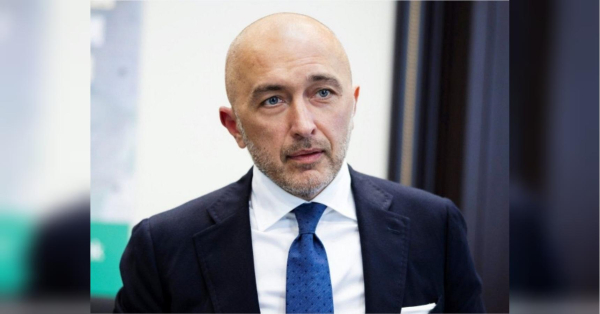
The United States is considering fresh sanctions on Venezuela following Sunday’s disputed presidential election. Incumbent president Nicolas Maduro claimed victory, but opposition leaders say tallies show their candidate Edmundo Gonzalez won more than twice as many votes as Maduro.
If governments in North America and Europe seek to impose new measures against Maduro’s administration, they could potentially return the country to isolation, analysts said.
What sanctions is Venezuela already under?
Venezuela has been hit with economic and oil sanctions by several countries since 2017 over accusations of corruption, drug trafficking and human rights violations. The most severe package has been imposed by the US in the last five years following Maduro’s 2018 re-election, which Washington rejected as a sham.
An easing of some sanctions last year to encourage the 2024 election was reversed in April after the US said Maduro had failed to meet all his commitments. That meant individual companies have to apply for licences to operate in the energy sector, although a key licence to US producer Chevron granted in 2022 remains in force.
Maduro has bristled against the sanctions, which include more than 900 punitive measures, according to data by the Venezuelan government. He has called them illegal and demanded their withdrawal.
“They made us lose 99 per cent of our revenue,” Maduro said in a broadcast speech last week. “(But) no school or university was closed, not a single social program was cancelled. We have reinvented ourselves.”
What further sanctions could follow?
Options being considered by the US include individual sanctions on officials, including US travel bans for those linked to the disputed election, according to sources in Washington.
That could later escalate to other types of sanctions if deemed necessary, including measures on the financial and energy sectors, they said.
US officials said on Monday they were not currently considering any changes to Chevron’s licence or to other individual authorisations.
Chevron’s licence has become a flagship mechanism to recover debt by exporting Venezuelan crude, copied by other companies with operations in the country.
The officials said they were coordinating with regional allies on a response and would also work with international partners on potential consequences.
The European Union has also imposed sanctions on Venezuela in recent years, and along with the US, Brazil and other countries has urged Venezuela’s National Electoral Council to provide immediate access to the voting tallies.
“Until voting records are made public and are verified, the election results as already declared cannot be recognised,” it said.
How could this affect the energy sector?
Venezuela’s crude oil production averaged 884,000 barrels per day (bpd) in the first half of this year, 15 per cent above the same period of 2023, but well below the 3.2 million bpd peak in 1997 before late president Hugo Chavez took office.
About two-thirds of Venezuela’s crude production capacity has been lost in the last decade due to a lack of investment, an exodus of skilled workers, mismanagement and corruption at state company PDVSA and, more recently, sanctions.
The same problems have kept Venezuela’s gas industry severely underdeveloped. The country’s gas output – which is now half of what it was in 2016 – is not enough to meet domestic demand despite Venezuela having the largest reserves in Latin America. Venezuela is flaring, or burning off, a large portion of production.
An eventual return to full sanctions on the energy industry would put a ceiling on Venezuela’s scant progress to recover oil output, making it difficult to meet its goal of 1.2 million bpd by year end.
Even when oil sanctions were temporarily eased, PDVSA continued using intermediaries to export its crude, who demanded large price discounts and led to a dark fleet of tankers to disguise deliveries, triggering more sanctions.
If individual licenses are restricted, the volume of fuel imports Venezuela can source to ease its domestic deficit is expected to decline, creating the likelihood of increased scarcity.
Waves of fuel scarcity in recent years have slowed down the economy, contributing to inflation and shortages of basic goods, including food and medicine.
Will Maduro’s allies stick with him?
China, the top destination of Venezuela’s oil, has never halted imports even amid sanctions. It has already recognised Maduro as the election’s winner and said it was ready to enrich its strategic partnership with the OPEC-member country.
Venezuela also has relied on Russia and Iran in recent years to secure financing, diluents and imported fuel for domestic use, and for trading help to allocate exports.
A new alliance with Iran is seen as critical by analysts to keeping Venezuela’s lagging energy sector afloat, but that could leave other partners that were negotiating project expansions and new ventures with PDVSA out of the picture.
Could energy sanctions affect the US or Europe?
Even though Chevron has ramped up deliveries of Venezuelan crude to the United States since early 2023, its about 200,000 bpd of heavy crude arriving into the U.S. are not considered essential for refiners.
An interruption of that flow could briefly impact prices of some crude grades, but refineries are not expected to struggle in the long run to find replacements.
In Europe, just a handful of refiners have facilities capable of processing Venezuela’s heavy crudes. Other large importers, including India, might need to increase intake of Russian or Middle Eastern grades, as they have done in the past.
Sourse: breakingnews.ie






